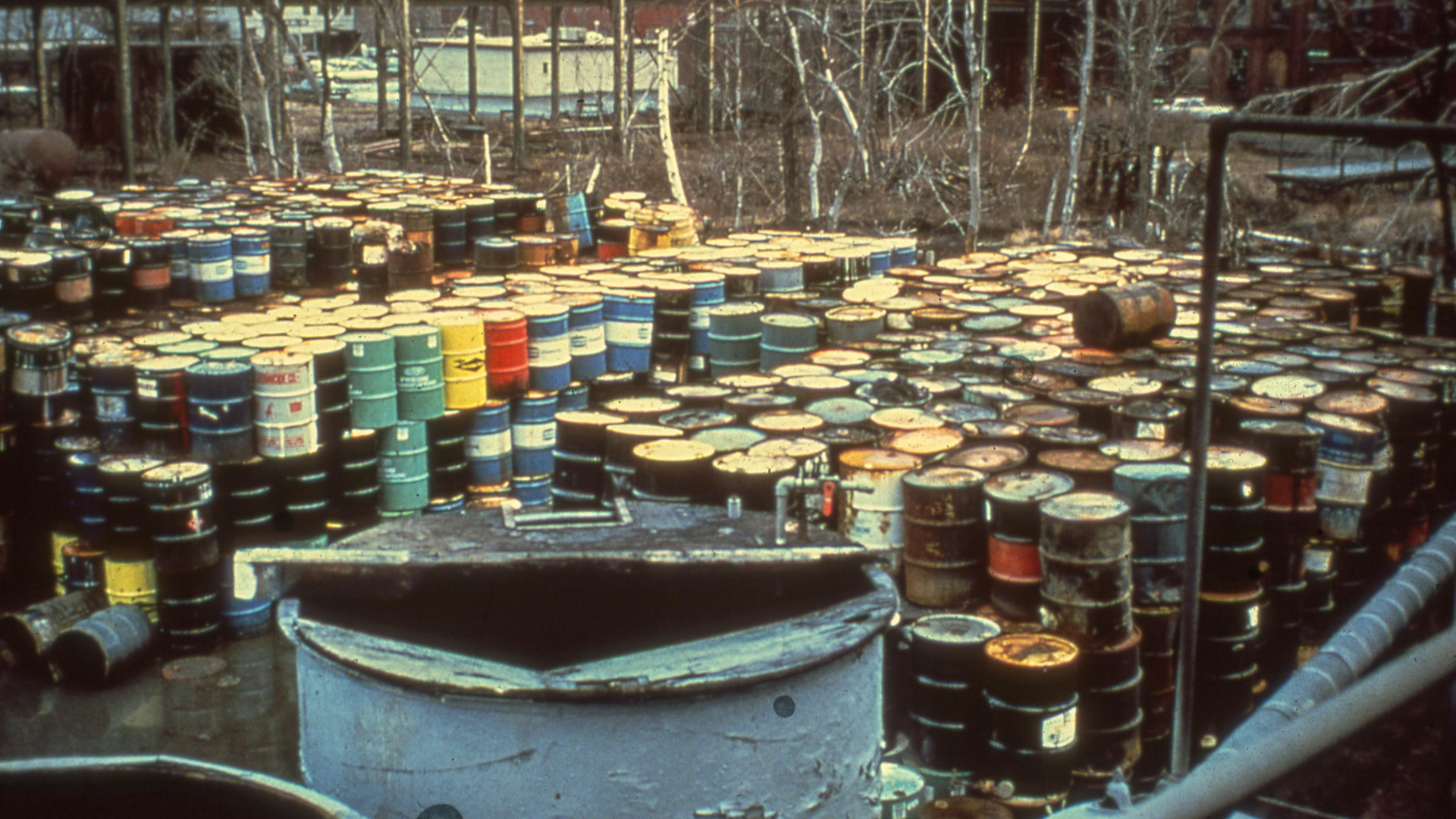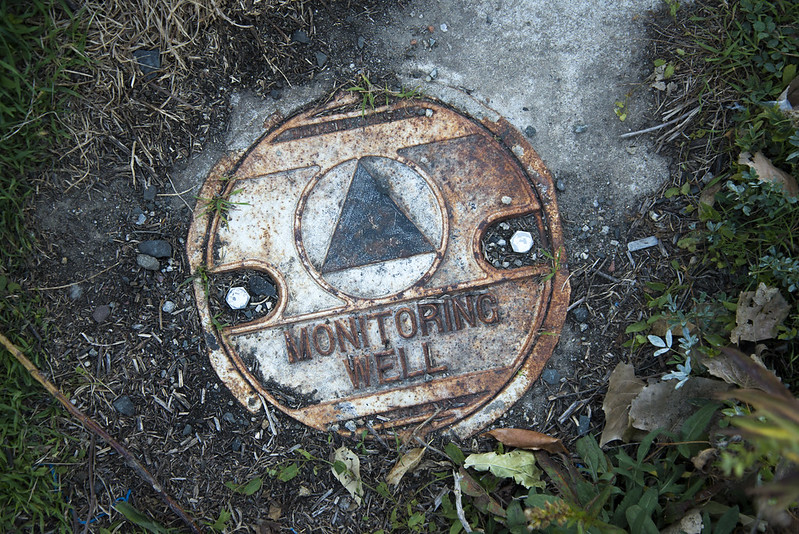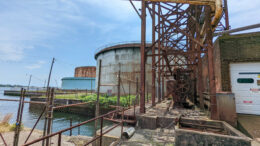For the seventh year in a row, the United States is facing an “above-normal” hurricane season, and the increasing number and intensity of these storms puts millions of Americans at a growing risk of toxic waste washing over their communities from long-neglected Superfund sites.
Fortunately a newly reinstated “polluter pays” tax should improve the situation. Since July 1, thanks to the Infrastructure Investment and Jobs Act signed into law by President Biden last year, chemical-producing and importing companies once again need to pay to help clean up the country’s most hazardous toxic waste sites. The bipartisan infrastructure law reinstated excise taxes on 42 chemicals and derivative products that the industry had previously paid from the Superfund program’s inception in 1980 through 1995. Since the payment mandate expired, funding for the program has dropped precipitously, and many toxic sites have remained untouched as a result.

Now, with global temperatures rising, these funds — and more — are urgently needed. More powerful storms and hurricanes in recent years have wreaked havoc by wiping out homes, destroying essential resources, contaminating drinking water, and knocking out power. Two thousand existing and proposed Superfund sites located within 25 miles of the East and Gulf coasts are particularly vulnerable to hurricanes, flooding, and sea-level rise.
When climate change-driven storms collide with Superfund sites, the consequences can devastate nearby communities. Since 1999 Hurricanes Floyd, Katrina, Irene, Sandy and Harvey have all caused flooding at Superfund sites. While much of the immediate devastation of severe weather recedes with floodwaters, toxic waste too often contaminates water, soil and air long after a storm. In 2017 unprecedented rains and flooding from Hurricane Harvey damaged 13 Superfund sites and released toxic contamination into the San Jacinto River.
The reinstated polluter pays tax will provide the Superfund program with a more solid revenue stream to invest in cleaning up toxic waste. The tax is expected to raise approximately $14.45 billion over the next decade, providing a powerful boost to Superfund cleanups.
However, right now it only covers the chemical industry and does not include the fees previously paid by the petroleum industry. The expiration of both industries’ taxes in the 1990s further shifted the burden from polluting companies to the taxpayers and slowed the rate of cleanups.

Congress now needs to finish the job by reinstating a tax on the petroleum industry as well. Reps. Pallone (D-N.J.) and Blumenauer (D-Ore.) have, in the past, introduced legislation that would accomplish this. It’s past time for Congress to reintroduce and pass this tax, especially with prices at the pump soaring and oil and gas companies making record profits. They can — and should — pay their share to keep our country clean and free from toxic waste.
All people deserve to be safe from hazardous materials. This year became a landmark in our journey to make that happen. But we have another leg to go before we’re finished: By forcing the petroleum industry to do its part to fully fund the Superfund program, we can ensure that the EPA has the resources it needs to quickly and safely clean up the United States’ most toxic sites — before dangerous storms help their waste escape.
The opinions expressed above are those of the author and do not necessarily reflect those of The Revelator, the Center for Biological Diversity or their employees.
Get more from The Revelator. Subscribe to our newsletter, or follow us on Facebook and Twitter.
Previously in The Revelator:
‘There’s No Memory of the Joy.’ Why 40 Years of Superfund Work Hasn’t Saved Tar Creek
![]()


